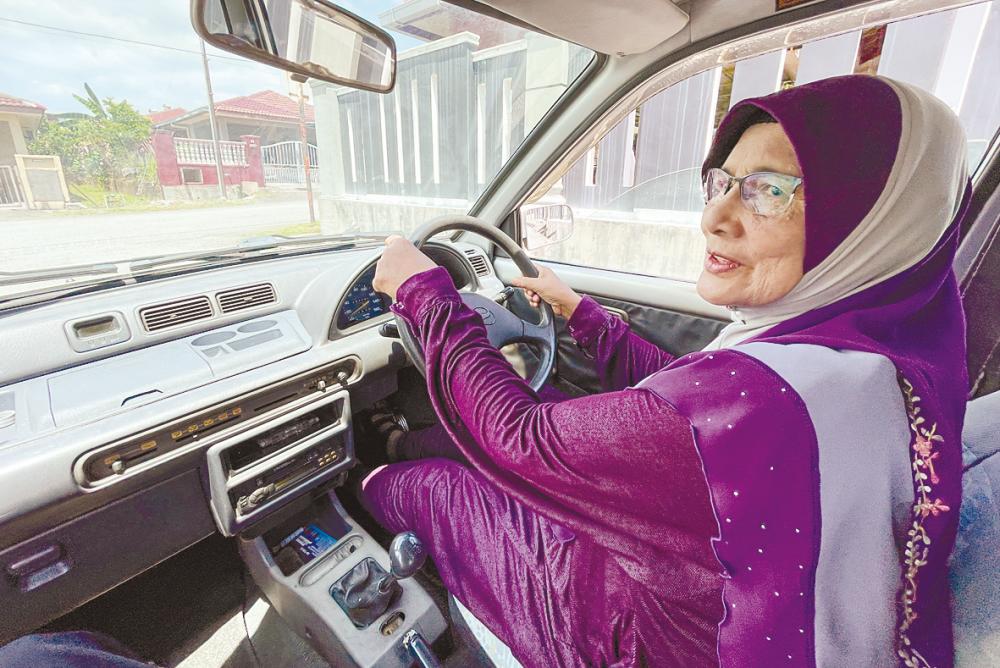PETALING JAYA: The Malaysian Institute of Road Safety Research (Miros) has called on the government to impose a mandatory medical examination on senior citizens aged 65 and above who wish to renew their
driving licences.
Miros chairman Prof Dr Wong Shaw Voon said the examination is important to
promote road safety and accurately evaluate
their fitness to drive.
He said while the recorded instances of dangerous driving involving senior citizens currently stand at between 10 and 40 cases from 2021 to 2023, it remains crucial for
senior citizens to undergo such examinations.
“Implementing such measures is imperative to ensure the safety of
older drivers apart from playing a pivotal role
in safeguarding the well-being of
other road users.”
Wong said ensuring road safety for elderly drivers involves navigating a mix of physical, cognitive and technological challenges.
He said age-related factors such as diminished vision, slower reaction times and medical conditions can compromise driving ability, adding that these issues can be
solved by regular health assessments,
attending driver education programmes
and incorporating adaptive technologies
in vehicles.
“Striking a balance between maintaining mobility and ensuring safety calls for
a comprehensive approach that
includes individual health management and community-based initiatives that promote alternative transport options.”
While some may argue for driving tests during re-evaluation for elderly drivers, Wong said it is essential to recognise that senior citizens have typically mastered routine manoeuvres through years of experience.
He said the focus of retesting should pivot towards health checkups rather than redundant driving examinations.
“Regular health assessments are crucial
as they provide an understanding of an individual’s fitness to drive, considering factors such as cognitive abilities, vision and overall physical health.
“Prioritising health evaluations over repetitive driving tests ensures a targeted and effective approach to assessing the safety and capabilities of elderly drivers, and facilitates informed decisions about their continued ability to responsibly navigate the roads.”
Wong said the introduction of a driving retest for senior citizens should be carefully considered because it presents difficulties for those who could be alone or do not have access to other forms of transport.
“If such retests were to be enforced, failing it could leave certain individuals without
the means to access essential services or maintain their independence.
“Therefore, any retesting strategy should be approached with a balance that ensures road safety while taking into account the potential consequences for those who rely
on personal transport.”
Ong Tiok Kong, 75, who lives alone, acknowledged the potential benefits of a driving retest to enhance road safety among older drivers. However, he contends that
its implementation could present challenges.
He said such measures, while
well intentioned, might disrupt the lives
of seniors who live alone and rely on
personal mobility.
“If a driving retest is implemented, the government should explore offering incentives for those who do not pass it.
A service should also be launched to provide affordable transport for elderly individuals who may no longer be allowed
to drive.”
Ong said such an incentive could transform into a subsidised service for senior citizens and ensure mobility for them without compromising their financial well-being.
“The recommendation reflects a proactive approach that focuses on road safety and considers the practical needs and challenges faced by elderly drivers,” he said.









